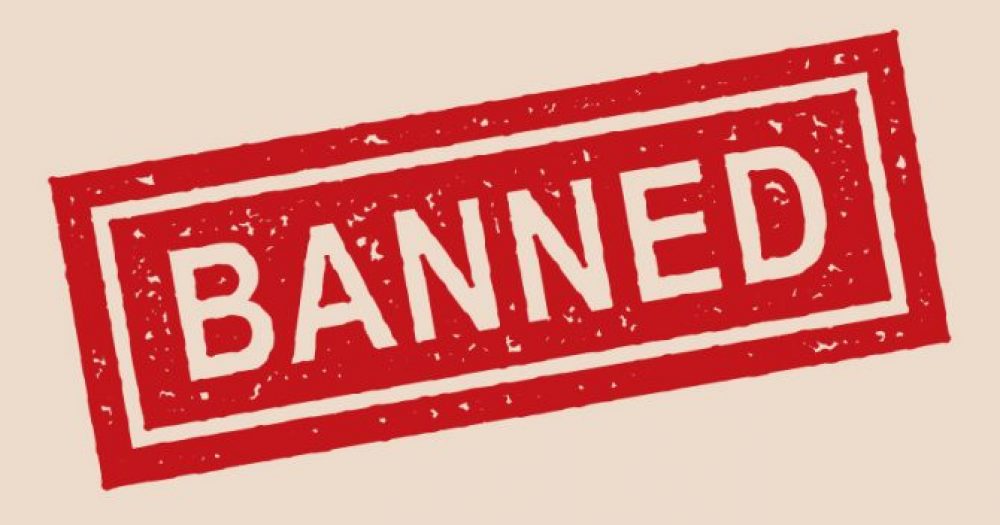Stalking, upskirting, revenge porn and controlling or coercive behaviour are to be added to a list of offences for which teachers can be banned from the profession, under proposed changes to teacher misconduct guidance set out by the Department for Education.
The government has published a consultation on proposed changes to its guidance on teacher misconduct and the prohibition of teachers. If approved, the changes will affect the way hearings by the Teaching Regulation Agency are handled.
The DfE said the proposed updates were to provide clarification on “certain matters relating to the process and procedures related to the prohibition of teachers from the teaching profession”.
Others “intend to clarify the department’s advice to panels about the consideration of evidence, and on the factors to be considered in deciding whether to recommend that a teacher prohibition order should be imposed”.
1. Six new offence types added
The DfE said it had made “substantive revisions” to the guidance on panel decision-making criteria, to “update the list of
relevant offence types and the list of behaviours likely to be incompatible with being a teacher”.
This has involved the insertion of six new offence types that are likely to be considered as “a relevant offence”, to keep the list “up to date and relevant”. The changes also reflect changes in the law since 2015.
The six new offences are harassment and/or stalking, child cruelty and/or neglect, voyeurism (including upskirting), revenge pornography, sexual communication with a child and controlling or coercive behaviour.
Offences leading to imprisonment relating to sexual activity were already considered “relevant offences” in the existing guidance, but the proposed changes would include more specific references to certain types of offence.
2. Associated ‘behaviours’ might amount to unacceptable conduct
The DfE is also proposing a rewording of references to offences in the list to “provide clarity that it is not a list of offences per se, but rather that it is a list of offence types, and that behaviours associated with any of the offence types listed might amount to unacceptable professional conduct”.
The planned new guidance will also clarify that there “might be other types of behaviours beyond those listed in the advice that a panel might consider to be ‘unacceptable professional conduct’ and that each case should be considered on its own merits”.
3. List of ‘incompatible’ behaviours updated
The DfE is also proposing that guidance be updated with an up-to-date list of the “types of behaviours that in the secretary of state’s view are considered likely to be incompatible with being a teacher”.
This includes adding information to cover abuse of trust leading to a romantic or sexual relationship with a child, sexual misconduct, failure in duty of care, failure in protecting a child, collusion or concealment and contravention of requirements for the conduct of exams.
4. Wording on reviews creates ‘two’ offences lists
Following TRA hearings, panels must decide whether to make a prohibition order, which is a lifetime ban from the profession, and whether to allow an opportunity for such an order to be reviewed and set aside.
The DfE is proposing updated language to ensure “no review” is only used in the “most exceptional circumstances where the behaviour displayed is so serious that lifetime prohibition with no opportunity for review would be proportionate”.
The impact of the change means there will now be “two lists” of offences. One list will give “greater relevance to and weighs in favour of not offering a review period”. This would include serious sexual misconduct, any sexual misconduct involving a child, activities involving indecent images of children and terrorism.
There would then be a second list weighing in “favour of offering a longer review period”. This would include arson and other “major” criminal damage, child cruelty or neglect, possession of any class A drug and fraud and “serious dishonesty”, among others.








Your thoughts